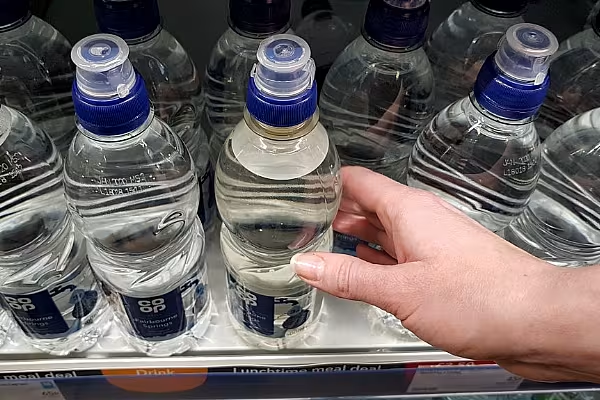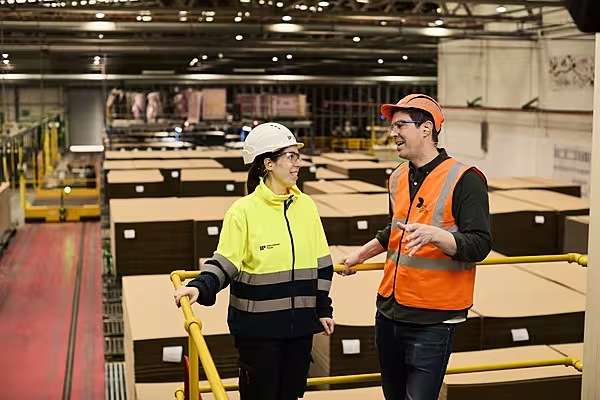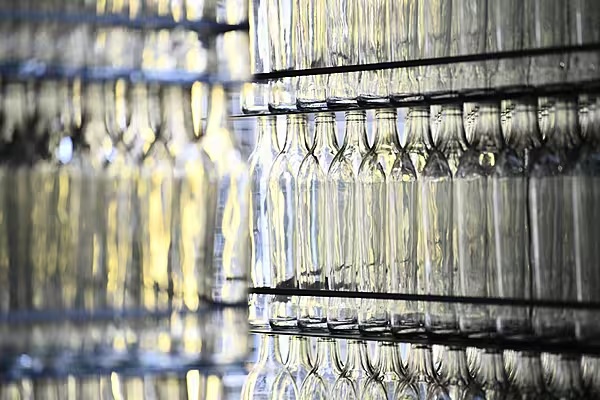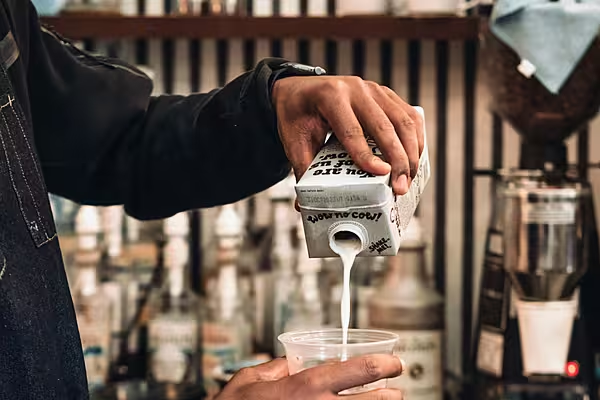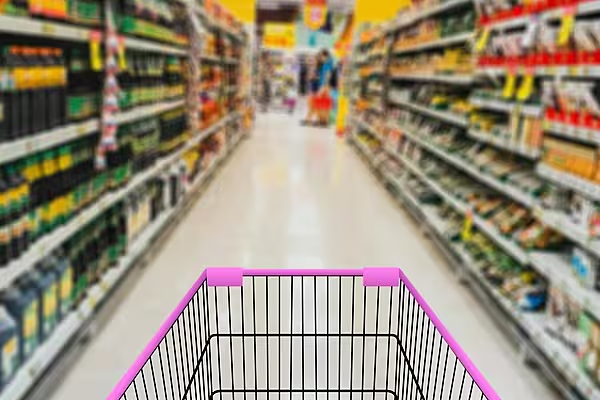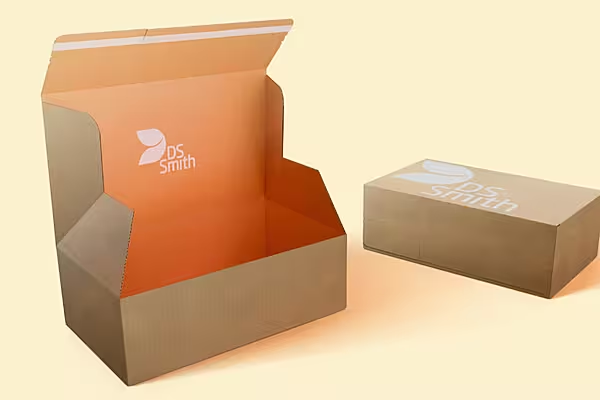The Co-op has revealed plans to switch all of its own-brand bottled water to 50% recycled-plastic containers (rPET).
The UK retailer says that the new bottles, which appear darker and cloudier than those using less or no recycled plastic, will test 'whether today's environmentally-conscious consumer is ready to ditch more aesthetically pleasing packaging'.
The Co-op plans to make the switch on all its still, sparkling and flavoured water products later this year, and estimates that the move could save almost 350 tonnes of plastic annually.
The new bottles are also 100% recyclable and sourced in the UK.
“Suppliers are working hard to make the bottle clearer – and they already have," said Iain Ferguson, environment manager at the Co-op.
"In the meantime, our bottles will wear this greyish colour, which I see as a ‘badge of honour’. We are part of the market for recycled products, and we are proud of that."
Deposit Return Scheme
Plastic bottles have been big news in the UK this week, after the government announced plans to introduce a deposit return scheme for single-use drinks containers, in a bid to cut down on plastic pollution.
The proposed plan would likely see an increase in the price of plastic bottles, but allow customers to get their money back when they return empty bottles.
The government says that a such a scheme would 'slash the amount of waste pollution' in the country, as UK consumers go through an estimated 13 billion plastic drinks bottles a year, many of which are not recycled.
Earlier this year, the Co-op confirmed that it supports the creation of a deposit return scheme.
"It’s a vitally important move in encouraging greater rates of recycling across the country and we welcome any measure which is designed to make recycling simpler and more accessible for consumers," said Ferguson.
"We would like to see the same system applied across the whole of the UK to keep it simple for customers and businesses."
Plastic Push
Packaging waste is an issue that the Co-op has been focusing on, and last year revealed its ambition for 80% of its product packaging to be recyclable by 2020, with a long-term goal of 100%.
Since then, the retailer has unveiled plans to remove black plastic from its products by 2020. Dark-coloured plastic is more difficult to recycle, and is estimated to add at least 30,000 tonnes of plastic each year to waste.
It is also developing a fully-biodegradable paper tea bag for its own-brand brew, with the aim of reducing the amount of waste created by the popular beverage.
“We know that by working closely with our supply and waste-value chains we can find new ways of sourcing sustainable alternatives," said Jo Whitfield, chief executive of Co-op Food.
"Our customers expect us to respond to this challenge and help them make more ethical choices, and we’re dedicated to doing just that."
In a speech made at the start of the year, UK prime minister Theresa May pledged to eliminate all “avoidable” plastic waste by 2042, and proposed extending the levy on plastic bags and introducing plastic-free aisles in supermarkets.
© 2018 European Supermarket Magazine – your source for the latest retail news. Article by Sarah Harford. Click subscribe to sign up to ESM: The European Supermarket Magazine.
